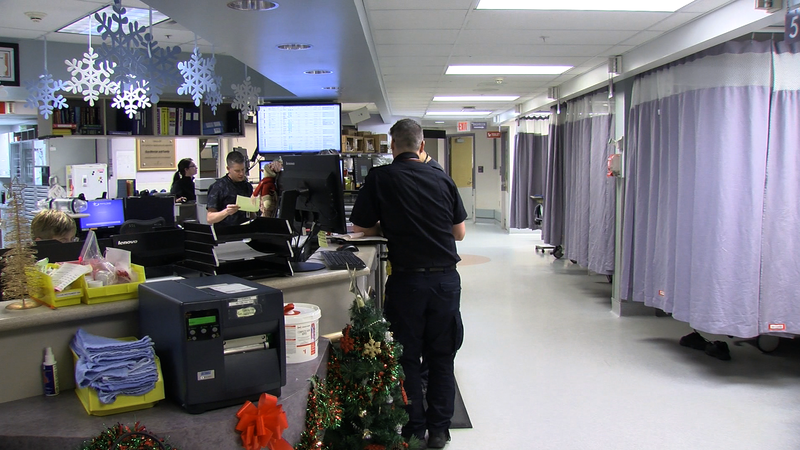
Growing demand, sick leave have led to staffing, overcapacity issues at RIH: B.C. Health Minister
KAMLOOPS — B.C. Health Minister Adrian Dix is responding to the significant staff vacancies and overcrowding at Royal Inland Hospital, saying it’s been the worst hit hospital in the province.
Dix says between COVID-19, the overdose crisis, floods and fires, RIH has dealt with it all.
He notes more than any other hospital in B.C., the demand at Royal Inland has been up significantly during the pandemic. He recognizes the need to add more staff to keep up demand.


